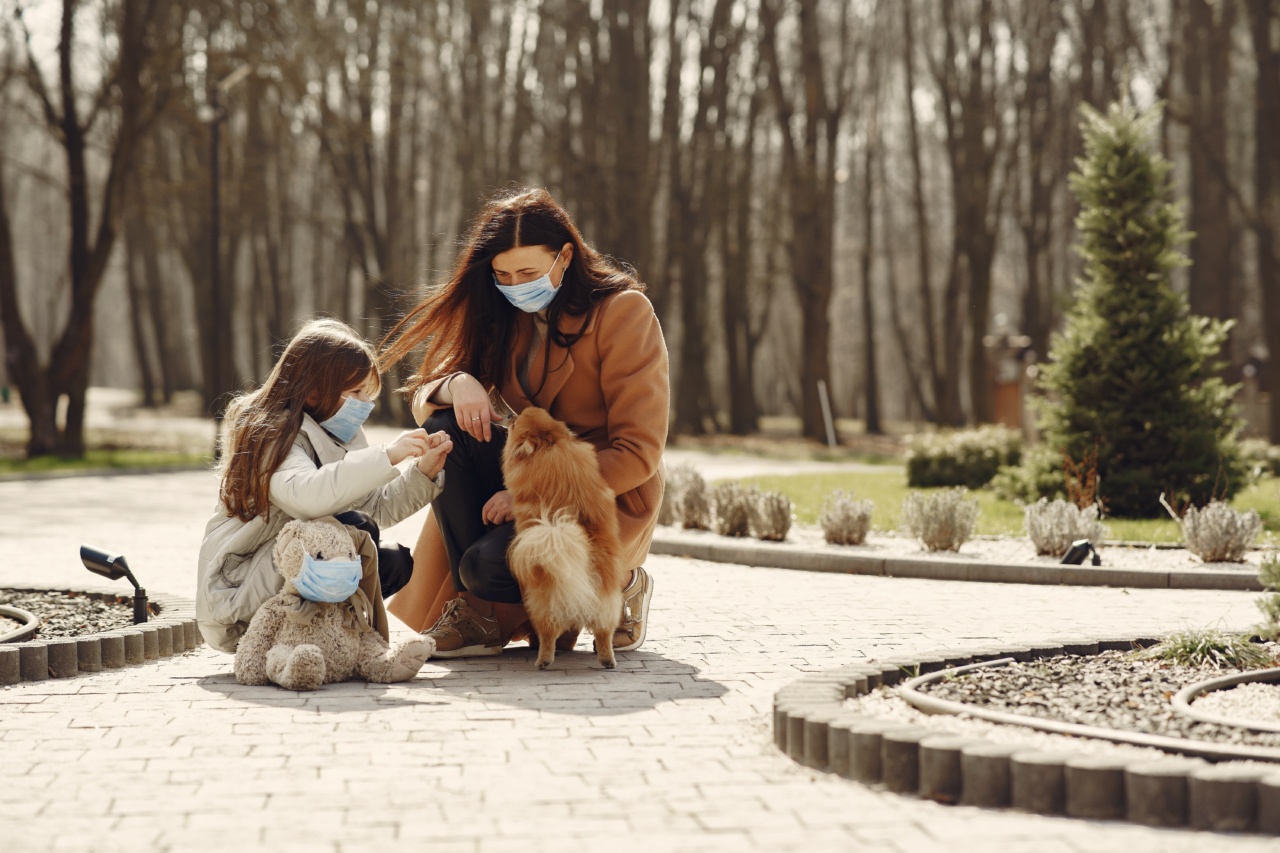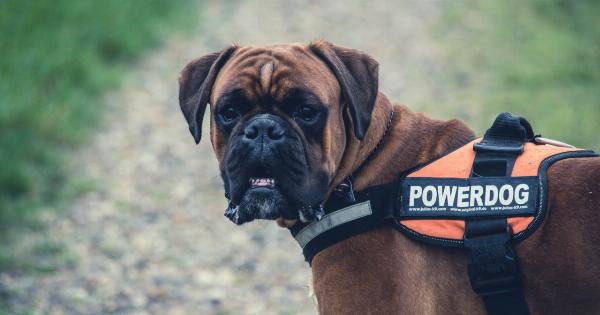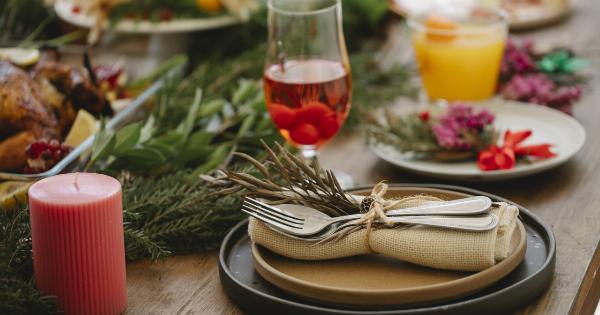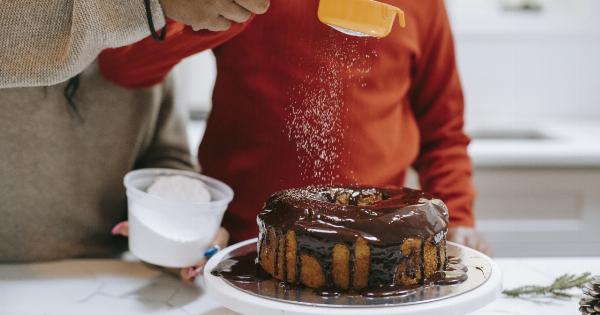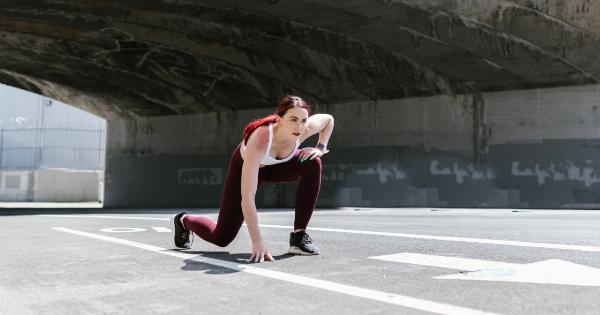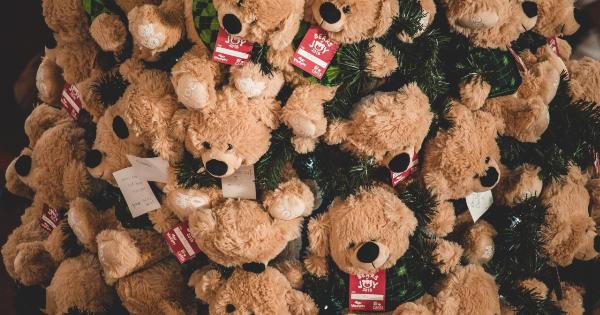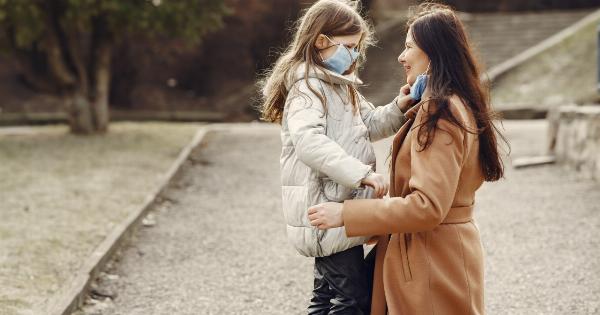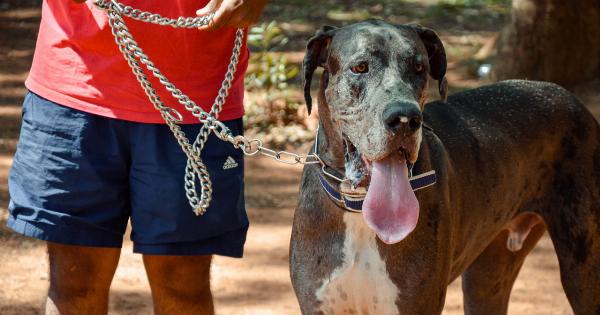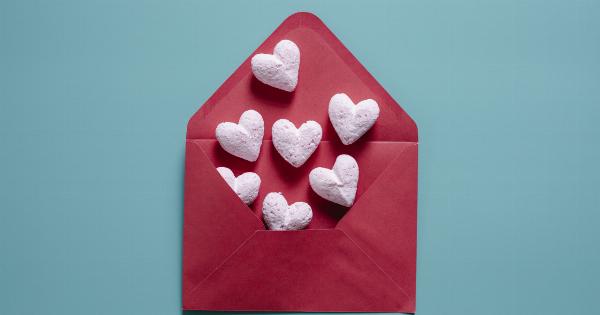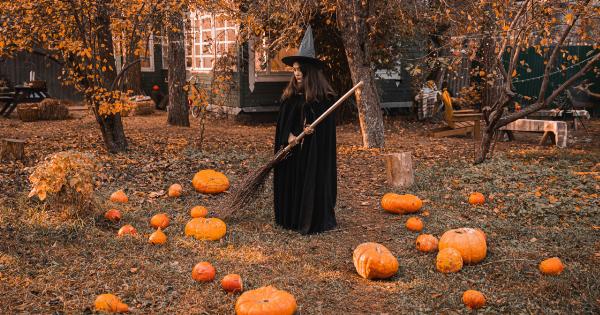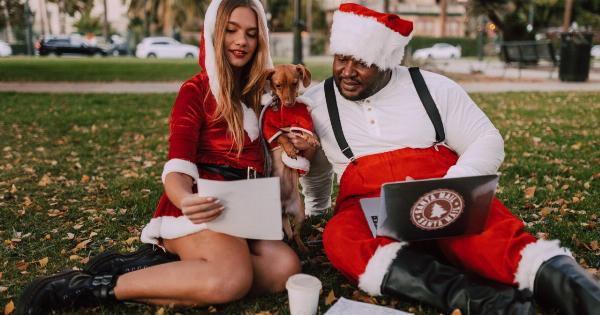Easter is a time of joy and celebration, filled with delightful meals shared with family and loved ones. As a pet owner, it is essential to ensure the safety and well-being of your furry friend during these festivities.
While it may be tempting to include your dog in the Easter feasting, it is important to remember that certain foods can be harmful to their health. In this article, we will explore some helpful tips and precautions to keep your dog safe during Easter meals.
1. Be mindful of toxic foods for dogs
It is crucial to be aware of the foods that are toxic to dogs and ensure they are kept out of their reach. Some common Easter foods that are harmful to dogs include:.
- Chocolate: Chocolate contains theobromine, which can be toxic to dogs and lead to various health issues.
- Grapes and raisins: Grapes and raisins can cause kidney failure in dogs.
- Macadamia nuts: Macadamia nuts can be toxic to dogs and cause symptoms like weakness, tremors, and vomiting.
- Onions and garlic: Onions and garlic, whether raw, cooked, or in powdered form, can cause anemia in dogs.
- Alcohol: Alcoholic beverages, including beer and wine, should never be given to dogs as they can cause severe intoxication.
2. Plan dog-friendly Easter meals
If you want to include your dog in the Easter mealtime, consider preparing special dog-friendly dishes. Before indulging them, ensure that these meals are safe and healthy for dogs. Some examples of dog-friendly Easter meals include:.
- Homemade dog treats: Prepare tasty homemade treats using dog-friendly ingredients like peanut butter, carrots, or sweet potatoes.
- Lean cooked meat: Cooked lean meats like chicken or turkey without any seasoning can be a delightful treat for your dog.
- Steamed vegetables: Vegetables such as green beans, carrots, or peas, cooked without any butter or seasoning, can be a nutritious addition to your dog’s meal.
- Fruit slices: Some fruits like apples or watermelon can be offered as occasional treats, provided the seeds and skin are removed.
3. Keep your dog away from the table
During mealtime, it is essential to establish boundaries and keep your dog away from the dining table.
While it may be tempting to share your meal with your furry friend, feeding them from the table can encourage begging behavior and lead to them consuming harmful foods. Create a designated space for your dog away from the dining area, where they can relax and enjoy their own meals or treats.
4. Educate your guests
When hosting Easter gatherings, make sure to educate your guests about the importance of not feeding your dog any foods from the table. Politely inform them about the potential risks certain foods pose to your dog’s health.
Ensure that everyone is aware of the list of toxic foods for dogs and request their support in keeping your dog safe during the celebrations.
5. Secure garbage and leftovers
Dispose of any leftover food and garbage properly in sealed containers and ensure they are placed out of your dog’s reach.
Dogs are often attracted to the smell of discarded food and may try to dig through the trash, potentially ingesting harmful substances or choking on discarded bones or other items.
6. Avoid using harmful decorations
Easter decorations can transform your home into a festive wonderland, but some decorations can be hazardous to your dog. Opt for pet-friendly decorations and avoid using artificial grass, tinsel, or Easter lilies, as they are toxic to dogs.
Additionally, keep any small decorations or plastic eggs away from your dog’s reach, as they may accidentally swallow them, leading to intestinal blockages.
7. Carefully hide Easter eggs
Easter egg hunts can be a fun activity for the whole family, but it is crucial to hide the eggs carefully. Ensure that all the eggs are accounted for and that your dog cannot access any missed ones.
Some plastic eggs may contain small toys or treats that can pose a choking hazard or cause intestinal blockages if swallowed.
8. Watch out for signs of distress
Even with all the precautions, accidents can happen. Keep a watchful eye on your dog during Easter celebrations and look out for any signs of distress.
Symptoms of a potential problem may include vomiting, diarrhea, excessive drooling, restlessness, panting, or disproportional lethargy. If you notice any of these signs, contact your veterinarian immediately.
9. Stick to your dog’s regular diet
While it is tempting to share special holiday meals with your dog, it is essential to stick to their regular diet. Sudden dietary changes can upset their digestive system and lead to digestive issues.
Treats and additional meals should only be given in moderation and should not replace their regular dog food.
10. Provide a safe and quiet space
Easter celebrations can be overwhelming for dogs due to increased noise and activity. Provide your furry friend with a safe and quiet space where they can relax and retreat whenever they need a break from the excitement.
This designated space will provide them with a sense of security and help reduce any stress or anxiety they may experience during the festivities.
By following these tips and precautions, you can ensure that your beloved dog stays safe and healthy during Easter meals.
Remember, a little extra care and consideration can go a long way in providing a joyful and hazard-free holiday season for your furry friend.
